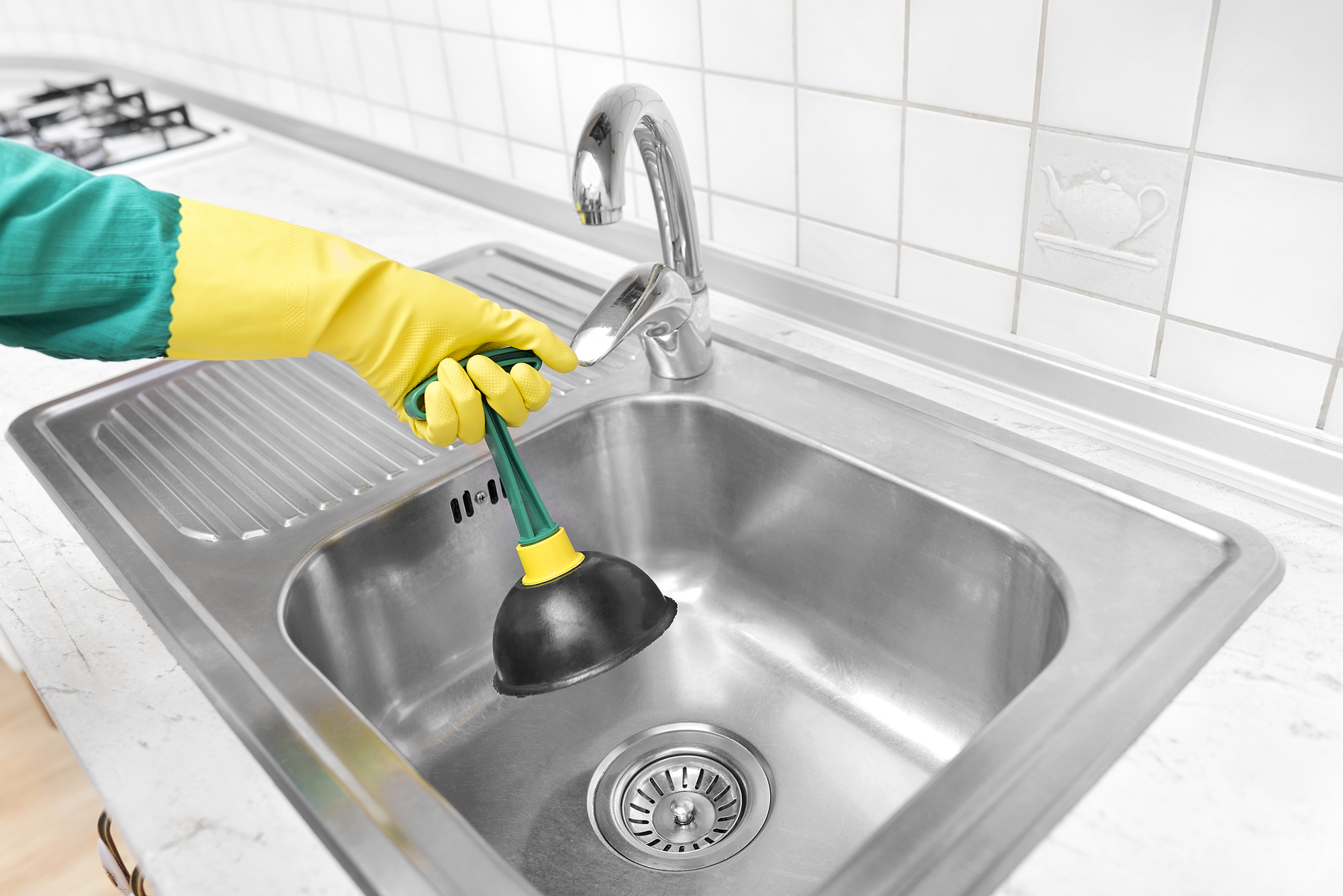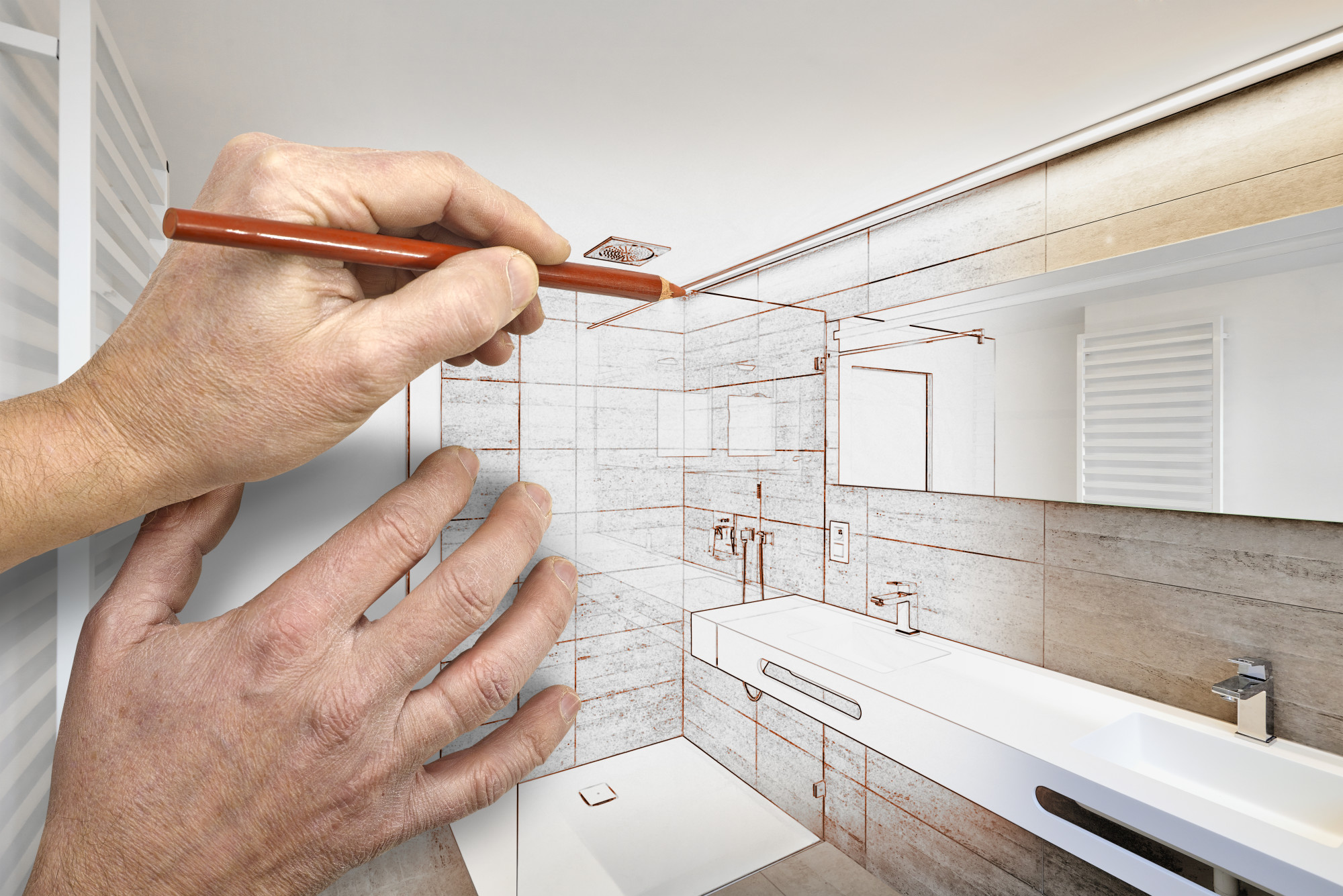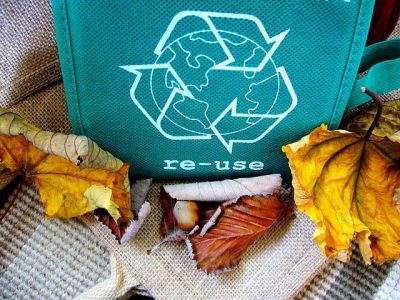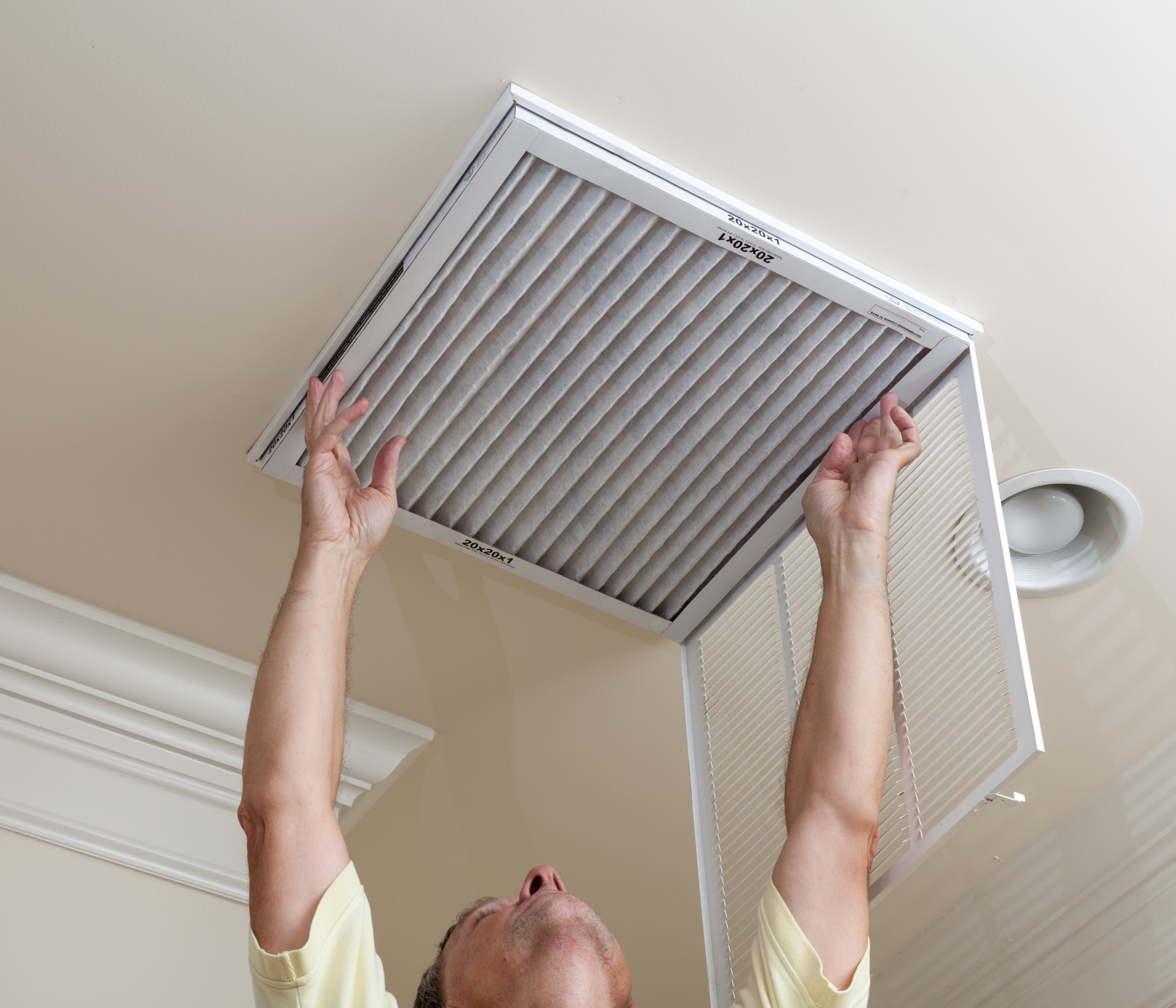Alternative energy sources and renewable energy systems as a power provider are becoming a popular and environmentally friendly alternative to providing off-grid energy opposed to the use of fossil fuels. Alternative energy does not use any fossil fuels, and they produce little to no pollution. Alternative energy sources are renewable and sustainable.
Among these benefits, you will find that alternative off-grid energy sources are also economical and cost efficient, as well as clean. Some alternative sources include wood fuel, a solar power, wind generator power, and water energy.
Wood
 Wood can be used to heat the home at relatively low costs. It is an effective type of alternative energy, and the wood is renewable and sustainable. The wood can also be used to heat water and fuel a turbine to generate electricity.
Wood can be used to heat the home at relatively low costs. It is an effective type of alternative energy, and the wood is renewable and sustainable. The wood can also be used to heat water and fuel a turbine to generate electricity.
Wood fuel is considered a solid fuel biomass. Biomass energy comes from organic materials and is a renewable and sustainable source of energy that can be used to create electricity and provide other forms of power.
Advantages
- Using wood as an alternative energy source requires a minimal investment and is not as intermittent as other alternative energy sources, meaning that it can be used at all times of the day.
- Typically does not require a backup energy source to sustain power
Disadvantages
- Using wood as a fuel source tethers the homeowner to the home. The fire must be monitored and fed regularly to keep it from going out
- Plumbing and pipes can still freeze in lower temperatures because not enough heat is being generated to provide a sufficient enough heat source
- Cutting and hauling the wood can be hard work and is extremely time-consuming. The wood also requires several months of seasoning in a dry location to allow the maximum amount of heat retention
- Costs can be considerably higher if the homeowner does not have access to a wooded area where they have their own supply of wood readily available
Solar
 Solar energy is the most popular choice and this method can produce enough electricity to power appliances in the home. The solar panels hook into the home’s existing wiring system and batteries store the power that was created by the sun during the daytime so that it can be used at night. Solar panels provide a consistent energy source day and night and are completely silent. They use the energy derived from the light and heat from the sun.
Solar energy is the most popular choice and this method can produce enough electricity to power appliances in the home. The solar panels hook into the home’s existing wiring system and batteries store the power that was created by the sun during the daytime so that it can be used at night. Solar panels provide a consistent energy source day and night and are completely silent. They use the energy derived from the light and heat from the sun.
Active solar energy applications include solar panels and solar thermal collectors and their goal is to boost the supply of energy being conserved in the home. Passive solar energy applications reduce the need to utilize other energy sources and consumption. Passive solar energy can be found in lighting and architecture of the home.
Advantages
- Solar energy is an eco-friendly and provides a clean and renewable energy source
- Solar energy saves money in the long run and can be considered a good investment when employed in the home. It can also boost a homes property value and provide a great selling point for potential buyers
- Helps end CO2 pollution. Solar energy produces no pollution or emission and is silent. It creates no carbon footprint
- Solar panels can be installed on the roof and have the capacity to power remote areas
- Relatively low maintenance because there are no moving parts and the panels can last for twenty or so years. They only require a cleaning a few times a year
Disadvantages
- Since solar energy comes from the light and heat from the sun, it is not available at night. You must rely on the conserved energy from the day which means you need to have a good storage solution and power conservation in place
- The upfront costs of installing solar panels can be higher. Your home must be fitted and ready to use the solar panels
- The batteries used to store the power during the day can be large, heavy, and expensive. You need to have the space to store them and may need to replace them when needed
Wind
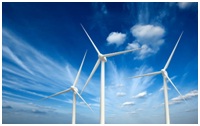 Wind power can create some noise, but it is a neat and clean way to produce power. The turbines need steady wind, however, to work. Sometimes, the wind power requires the combination of the wind and another alternative energy source such as solar panels to balance the peaks in the production of the wind energy.
Wind power can create some noise, but it is a neat and clean way to produce power. The turbines need steady wind, however, to work. Sometimes, the wind power requires the combination of the wind and another alternative energy source such as solar panels to balance the peaks in the production of the wind energy.
Wind energy is an alternative to fossil fuel generated electricity and requires turbines. The designs usually include two or three blades. Wind energy can also be used to power water pumps. Pneumatic water pumps use air pressure to move the water from the source to the tank.
Advantages
- Wind energy does not cause pollution and does not require the use of any harmful or hazardous chemicals or materials to operate
- It is a renewable source of energy that will never be depleted and wind is free to use
- State and federal tax incentives may be available if the homeowner utilizes wind energy and install wind turbines
- Can be used almost anywhere
Disadvantages
- Wind is often unreliable and inconsistent in many areas
- Wind turbines are known to produce noise and take up a lot of room
- Have to be sure to comply with ordinances and height limitations for the turbines in your area
- Startup costs and equipment and the overall initial investment is costly, and the availability of the materials may be limited
- There can be no obstructions—the land must be open and free of trees
Water
 Hydropower is a potentially year-round and a 24-hour-a-day energy source. Micro-hydro is typically used for a homestead, but there needs to be a consistent flowing stream to work. Hydropower requires a water source that is in close proximity to the home and has a strong current. The water must be deep enough and fast enough that it will not freeze at lower temperatures.
Hydropower is a potentially year-round and a 24-hour-a-day energy source. Micro-hydro is typically used for a homestead, but there needs to be a consistent flowing stream to work. Hydropower requires a water source that is in close proximity to the home and has a strong current. The water must be deep enough and fast enough that it will not freeze at lower temperatures.
The hydropower can be used to care for crops, run hot water throughout the home, as well as heat the home during the winter months and cool the home during the warmer summer months.
Advantages
- Hydroelectric power is a clean and domestic energy source that does not cause any pollution
- It is a renewable energy source and more reliable and affordable when compared to fossil fuels
- Can provide backup power during any emergency
- Reap the benefits of flood control, irrigation, and a reliable water supply
Disadvantages
- There are high investment and starting costs involved when it comes to purchasing the equipment that is required
- Must have a moving water source located close to the home
- The amount of hydropower you can harness depends on the flow of the water. The flow of the water can become slightly unreliable during certain times of the year
- There are additional costs associated with the maintenance and replacement of the equipment
As technology advances, we see improvements in the way that we develop and use alternative energy sources. We are quickly shying away from the dependence we have on fossil fuels while decreasing pollution and the overall carbon footprint we are leaving on the environment.


